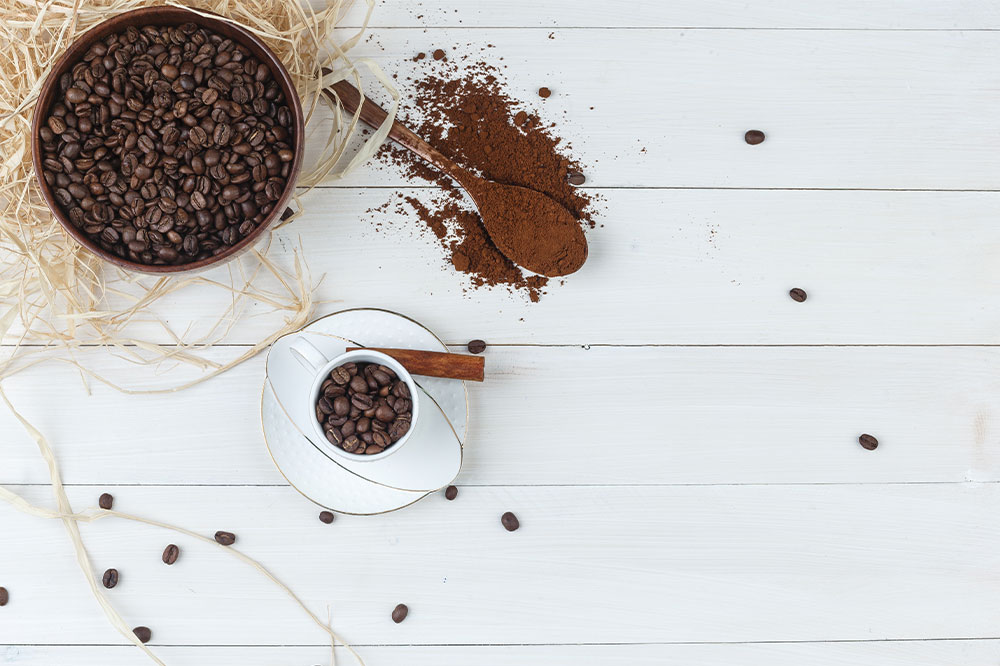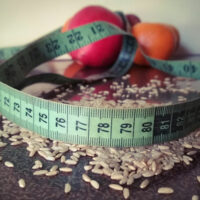5 foods to avoid when dealing with atrial fibrillation

Atrial fibrillation of AFib is a condition that causes rapid or irregular beating in the upper chambers of the heart. This is a type of arrhythmia or irregular heartbeat that can result in a stroke and other heart-related issues if left untreated. The condition can be managed by making several lifestyle changes, including better nutrition. Food is a key component of health and can help avoid a variety of illnesses.
Foods to avoid with atrial fibrillation
- Caffeine
Excessive intake of caffeine can quicken the heartbeat and induce premature heartbeats. Caffeine intake should be reduced to avoid triggering AFib. To avoid accidentally choosing caffeinated foods and drinks, one should read the labels, especially for beverages like sodas, tea, and herbal supplements, to check for caffeine. One can limit the amount of coffee they have in the day if it cannot be eliminated entirely. - Salt
Excessive salt intake raises blood pressure and increases the risk of AFib. So, people with hypertension, AFib, or sleep apnea should monitor and limit their sodium intake. Although salt is a common ingredient in foods, switching to less processed foods and using sodium-free seasoning can help reduce the daily salt intake. One should also avoid foods with high salt content, such as pizza, soups, burritos, and tacos. - Gluten
Gluten can trigger an episode of AFib in those with gluten sensitivity or allergy, as observed in celiac disease. Here, gluten can cause inflammation that damages the vagus nerve, thereby increasing the risk of serious heart problems and AFib. Wheat, pies, cakes, candies, cereals, cookies, and crackers are a few gluten-rich foods. - Grapefruit
Certain citrus fruits should be avoided when undergoing treatment to correct cardiac rhythm. Citrus fruits, particularly grapefruits, and their juices, contain substances that may alter how some treatment options are absorbed by the body and cause undesirable side effects. One should consult a doctor before making drastic changes to daily meals. - Red meat
Saturated fats found in beef, lamb, and pork increase cholesterol levels in the blood, and high LDL cholesterol increases the risk of developing heart conditions, AFib, and stroke. One should replace red and processed meats with lean meats like skinless chicken and turkey. One can also choose 90% lean ground beef and replace half the meat with beans to cut down the fat content.
Risk factor
A diagnosis of hypertrophic cardiomyopathy (HCM) has various serious health implications, such as atrial fibrillation. It is characterized by irregular and often rapid heartbeats in the upper chambers, causing cardiovascular issues in those with HCM. It not only disrupts the heart’s natural rhythm but also elevates the risk of blood clots, heightening the chances of severe complications such as strokes.








